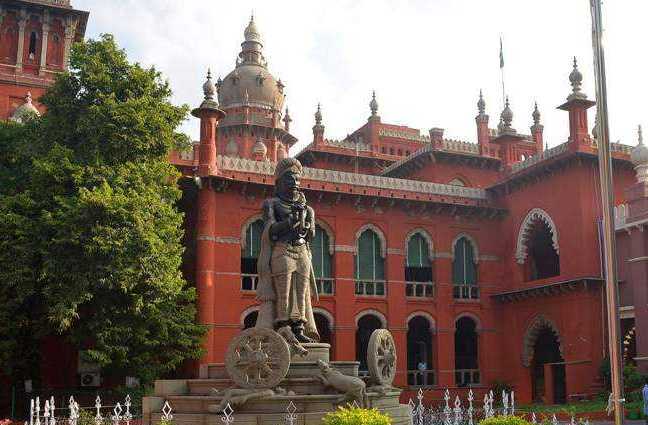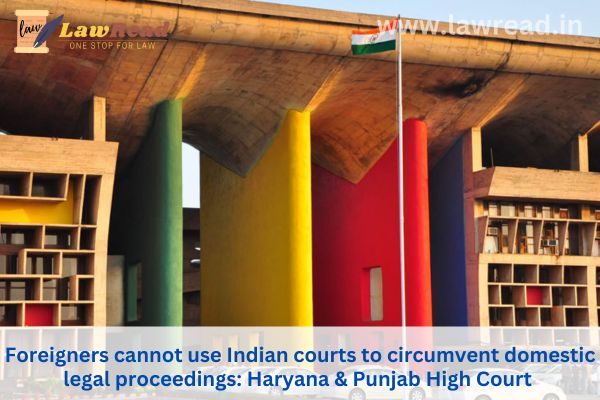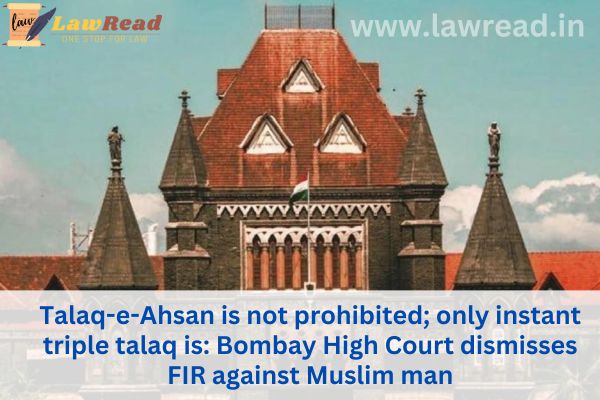News
Shivinder Mohan Singh makes personal insolvency plea in NCLT
.jpg)
In his plea, Singh mentioned that his liabilities now heavily outweigh the value of available assets.
Shivinder Mohan Singh, ex-promoter of Fortis Healthcare and Religare Enterprises, has made a personal insolvency plea before the National Company Law Tribunal (NCLT) under the Insolvency and Bankruptcy Code (IBC).
The plea was heard briefly before NCLT Delhi today which adjourned the hearing. It is now likely to be heard next in May.
After being among India's richest businessmen, Singh and his brother Malvinder Singh founded Fortis and Religare after selling their majority holding in Ranbaxy Laboratories to Japan's Daiichi Sankyo in 2008 for about $4.6 billion. But the transaction spawned one of the most publicized corporate battles in Indian business history.
Daiichi Sankyo claimed the Singh brothers had withheld key information about Ranbaxy's regulatory issues with the US Food and Drug Administration (FDA) and the Department of Justice (DoJ). A Singapore-seated arbitral tribunal in 2016 held the brothers responsible for fraudulent misrepresentation and granted Daiichi Sankyo ₹3,500 crore in damages.
Subsequent to the award, enforcement proceedings were brought before Indian courts. The Singh brothers were ordered by the Delhi High Court to deposit the arbitral amount, and some of their personal and business assets — shareholdings in RHC Holding Pvt. Ltd. — were attached or to which recovery proceedings were instituted.
In his plea, Singh referenced that his liabilities now vastly outweigh the value of assets available. In the filing, it was stated that the majority of assets have either been attached or sold at considerably lower value, mainly because of continuing litigation and enforcement proceedings pertaining to the Daiichi dispute, as well as financial mismanagement in RHC Holding Pvt. Ltd., where he was a corporate guarantor.
Section 94 of the IBC enables a person to apply for insolvency if he cannot repay the debts and satisfy the conditions specified under Chapter III of Part III of the Code. On admission, the adjudicating authority can appoint a resolution professional to manage the process and prepare a repayment plan, subject to approval by the creditors and judicial sanction.
The filing of insolvency is designed to trigger a legal and orderly settlement of his obligations in keeping with the structure made available under Indian bankruptcy laws.











